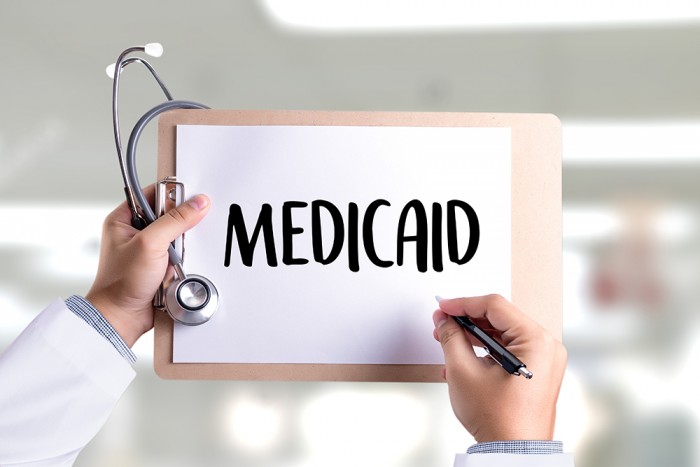Over the past few weeks, RCPA has held numerous webinars, conference calls, and other outreach to our members regarding the COVID-19 pandemic. One of the major issues members are facing concerns the definition of what constitutes a health care provider under the Family First Coronavirus Response Act (FFCRA).
RCPA has received conflicting guidance on the definition of a health care provider; therefore, RCPA sought a legal interpretation from attorneys. The attorneys believe that RCPA mental health, behavioral health, drug and alcohol, and intellectual and physical disability providers are included in the broad language of the definition; however, RCPA and its members have been directed to consult with their own legal counsel or human resources team. With this ambiguity in the definition of what constitutes a health care provider, RCPA members are not able to make appropriate business and health related decisions for their employees and clients.
RCPA and its members need clarification; therefore, RCPA sent Governor Wolf a letter today, requesting him to resolve this issue. As the letter states, RCPA believes the Governor has the authority and may deem our members, who offer mental health, behavioral health, drug and alcohol, as well as intellectual and physical disability services, as essential health care providers.
Questions, please contact Jack Phillips.















